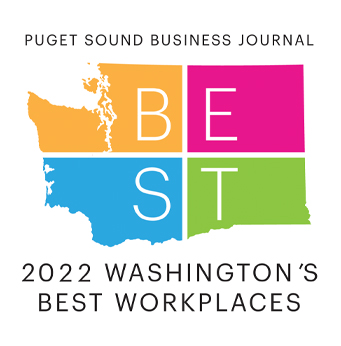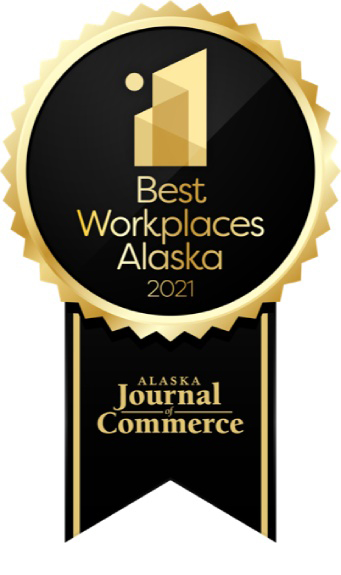Tips for Managing Employment Practices Liability in Hospitality Industry
August 20, 2012
By Nick Montera, Vice President; Parker, Smith & Feek
One of the fastest growing areas of litigation for businesses of all sizes is employment practices, with a 32% increase in charges since 20051. These allegations include Sexual Harassment, Racial Discrimination, Wrongful Termination, Wrongful Discipline, Negligent Evaluation, Failure to Employ or Promote, Hostile Work Environment, Breach of Employment Contract, and Deprivation of Career Opportunity.
What is Your Exposure?
The cost of employment-related settlements and defense costs2 can be devastating to a business. In 2009, the average settlement was $363,748 with an additional $235,000 in defense costs, and these amounts are increasing each year.
There are distinct aspects of the hospitality industry which make a company more susceptible to employment-related claims. Some of these characteristics include:
• A considerably higher proportion of minority employees in hotels and restaurants
• A higher proportion of younger employees in the industry (which can result in a greater frequency of claims under the Age Discrimination and Employment Act)
• A higher proportion of single female employees, including 78% of restaurant wait staff
• The labor-intensive nature of most jobs in hotels and restaurants
• The vulnerability of the hospitality industry to market pressures, which can result in increased layoffs
Two additional developments increase concern for the hospitality industry. Recent amendments to the Fair Labor Standards Act make the filing of wage and hour lawsuits easier. Additionally, undocumented workers continue to be a liability for employers, especially with the US Immigration and Customs Enforcement’s renewed efforts. (For example, 503 Notices of Inspection were issued in 2008; the following year, 653 were issued in just one day).3
What Can You Do to Reduce Your Exposures?
Considering the high risk and costs associated with employment-related charges, businesses within the hospitality industry need to take a proactive approach in mitigating their risk. This approach should include adequate risk management and risk transfer mechanisms.
1. Review management and human resources policies and procedures to ensure that they are well-defined. Employment procedures training for managers can also reduce the likelihood of an employment-related claim. In addition, an employee manual should be in place and accessible to employees. This manual should include your corporate policies on relevant topics such as sexual harassment, equal opportunity, termination, employment at will, discrimination, employee discipline and performance evaluations.
2. Risk transfer is also an essential component in mitigating the impact of employment practice charges. This can be accomplished through a well structured Employment Practices Liability Insurance (EPLI) policy. Whether you are taking the step to purchase an EPLI policy or you already have one, it is critical that you carefully analyze the terms of such a policy. Some of the items that you should consider are:
a. Does the policy include third-party coverage?
b. Does the policy allow you to choose your own legal counsel?
c. Does the policy cover punitive damages, if insurable, with a most favorable jurisdiction clause?
d. Does the policy cover wage and hour claims?
e. Does the policy cover immigration-related claims?
f. Who is insured under the policy? For example, are part-time, seasonal and temporary employees included? Are volunteers and independent contractors included?
g. Does the policy have a bi-lateral extended reporting provision?
h. Does the policy include coverage for prior acts?
i. What warranties are required in the application?
The terms of EPLI policies can differ from carrier to carrier and are typically buried in various provisions within a policy. As a result, analyzing the application and policy can be difficult and detailed, and you will benefit from the expertise of an EPLI specialist. It is prudent to enlist a qualified insurance and risk management broker who can help form your overall risk management plan and assist with the negotiation and analysis of your EPLI policy.
Source:
1The Hartford Financial Services Group, December 2011,
2Ibid
3Restaurant Forum Magazine, July 2010
1The Hartford Financial Services Group, December 2011,
2Ibid
3Restaurant Forum Magazine, July 2010
The views and opinions expressed within are those of the author(s) and do not necessarily reflect the official policy or position of Parker, Smith & Feek. While every effort has been taken in compiling this information to ensure that its contents are totally accurate, neither the publisher nor the author can accept liability for any inaccuracies or changed circumstances of any information herein or for the consequences of any reliance placed upon it.



